Access control mechanisms protect sensitive information from unauthorized users. However, when sensitive information is shared and a Privacy Protection Mechanism (PPM) is not in place, an authorized user can still compromise the privacy of a person leading to identity disclosure. A PPM can use suppression and generalization of relational data to anonymize and satisfy privacy requirements, e.g., k-anonymity and l-diversity, against identity and attribute disclosure. However, privacy is achieved at the cost of precision of authorized information. In this paper, we propose an accuracy-constrained privacy-preserving access control framework.
The access control policies define selection predicates available to roles while the privacy requirement is to satisfy the k-anonymity or l-diversity. An additional constraint that needs to be satisfied by the PPM is the imprecision bound for each selection predicate. The techniques for workload-aware anonymization for selection predicates have been discussed in the literature. However, to the best of our knowledge, the problem of satisfying the accuracy constraints for multiple roles has not been studied before.
In our formulation of the aforementioned problem, we propose heuristics for anonymization algorithms and show empirically that the proposed approach satisfies imprecision bounds for more permissions and has lower total imprecision than the current state of the art.
- In this paper proposed for accuracy constrained privacy-preserving access control are also relevant in the context of workload-aware anonymization.
- The framework is a combination of access control and privacy protection mechanisms.
- The access control mechanism allows only authorized query predicates on sensitive data.
- The privacy preserving module anonymizes the data to meet privacy requirements and imprecision constraints on predicates set by the access control mechanism.
- In this paper the focus is on a static relational table that is anonymized only once. To exemplify our approach, role-based access control is assumed. However, the concept of accuracy constraints for permissions can be applied to any privacy-preserving security policy, e.g., discretionary access control.
ADVANTAGE:
- This proposed method Formulate the accuracy and privacy constraints. Approximate the solution of the k-PIB problem and conduct empirical evaluation.


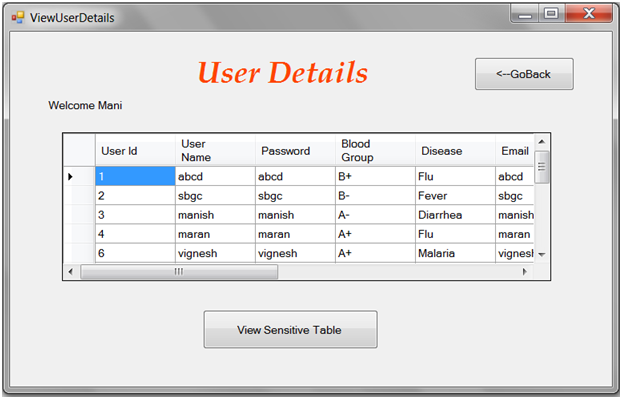
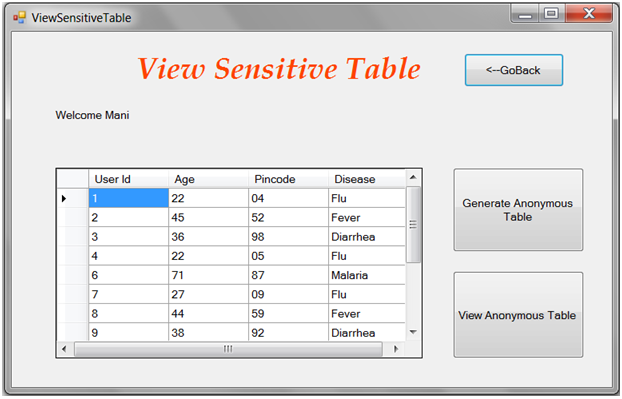

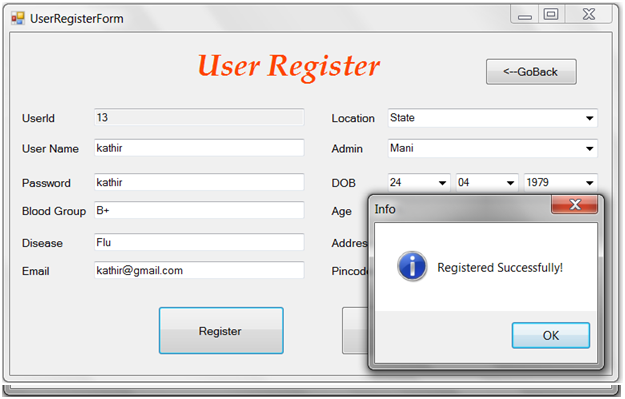




















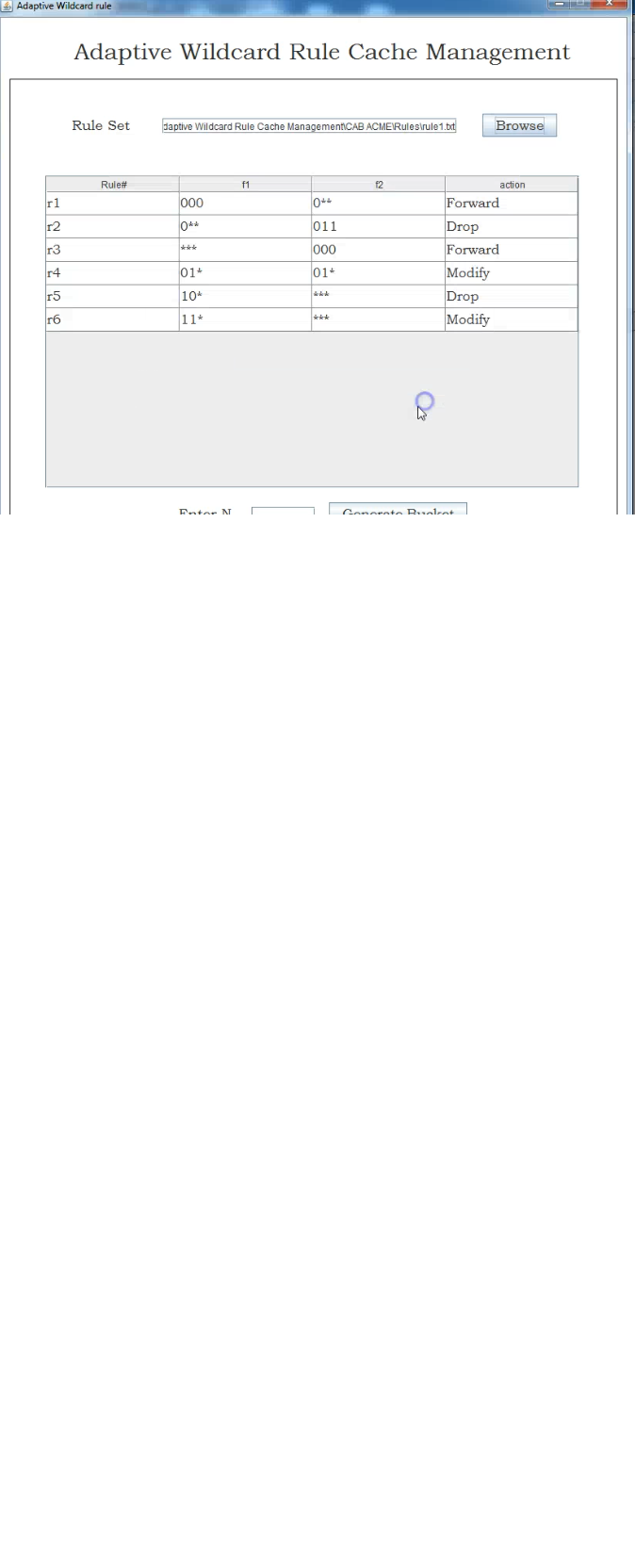

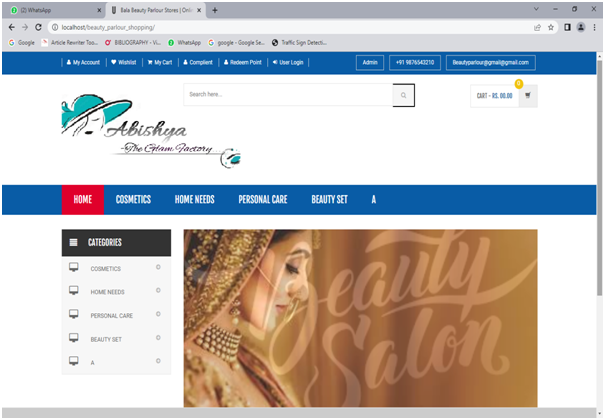

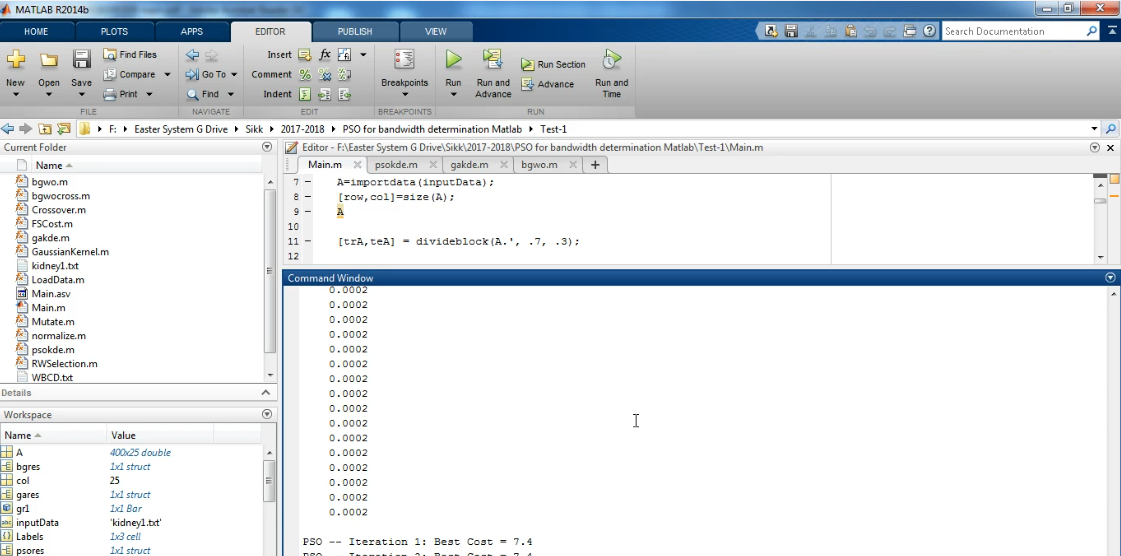



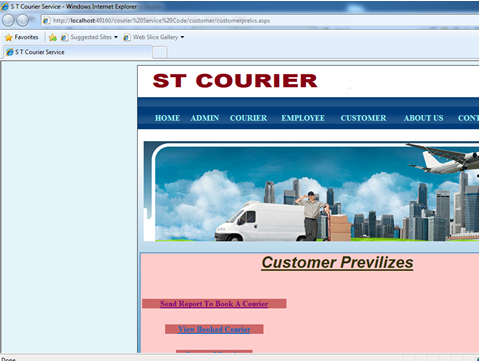



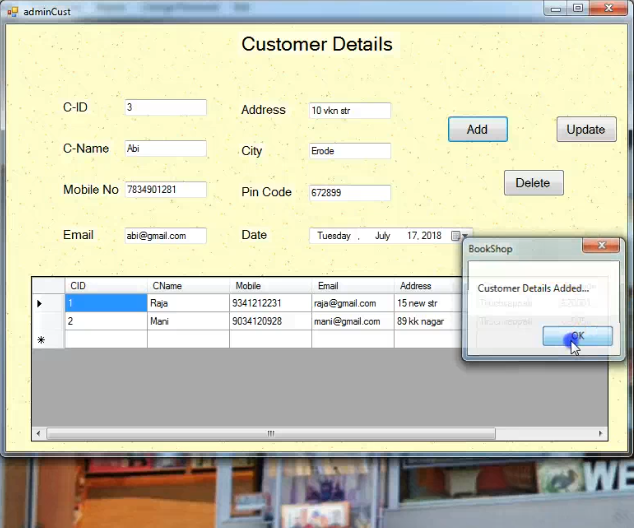


Reviews
There are no reviews yet.